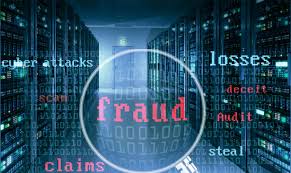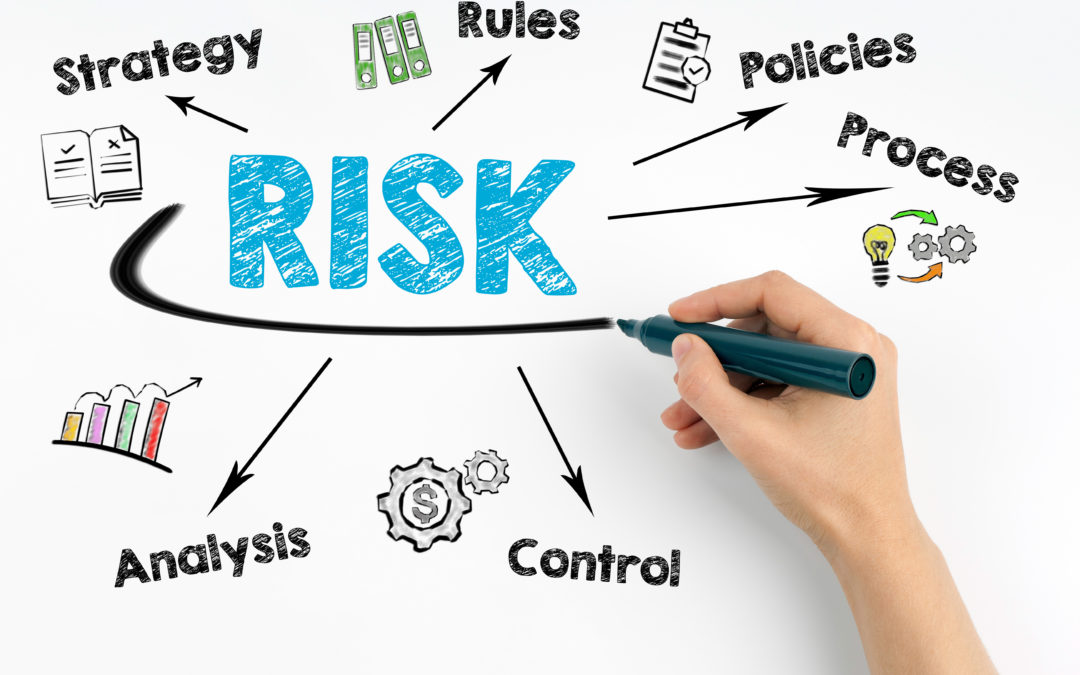

This course will cover:
By the end of this course delegates will be able to:
All internal auditors and risk managers in the public and private sectors, directors, top management staff in auditing, accountants, internal auditors, personnel and administration managers, staff of internal security department, accountants, security staff, personnel and admin managers, external auditors, security services men, technology managers and indeed all members of staff who can help management fight fraudulent activities, corporate internal auditors, IT managers and other managers/officials who perform related functions in public and private sectors, human resources managers, auditors and senior professionals and others who perform related functions in the public and private sector, all those responsible for compliance operations and risk management
An Introduction to Fraud
The Nature of Fraud
Understanding Fraud and Corruption
Fraud Awareness
Fraud Prevention 1
Fraud Prevention 2
Fraud Detection
Detecting Fraud in Routine Audits
Importance of Internal Control
Mitigating Fraud and Corruption
Creating an Environment for Dealing with Fraud
Fraud and Technology
Fraud Exposures and Audit Investigation
Investigation for Internal Auditors
Internal Controls
Misappropriation of Assets
Whistle Blowing to Promote Corporate Governance
Effective Internal Control System
CDGA attendance certificate will be issued to all attendees completing minimum of 75% of the total course duration.
| Code | Date | Venue | Fees | Register |
|---|---|---|---|---|
| AUD111-02 | 19-04-2026 | Dubai | USD 5450 | |
| AUD111-03 | 19-07-2026 | Manama | USD 5450 | |
| AUD111-04 | 18-10-2026 | Muscat | USD 5450 |
.jpg)
This highly practical Enterprise Risk Management (ERM) course is designed to offer internal auditors and risk managers a hands-on guide to ERM implementation, risk management and business value-adding ...

In this course you will learn how to use risk assessment, generally applied to annual audit plans, to help build individual audit programs that will boost auditor productivity and provide the control ...
Providing services with a high quality that are satisfying the requirements
Appling the specifications and legalizations to ensure the quality of service.
Best utilization of resources for continually improving the business activities.
CDGA keen to selects highly technical instructors based on professional field experience
Since CDGA was established, it considered a training partner for world class oil & gas institution
3012, Block 3, 30 Euro Business Park, Little Island, Co. Cork, T45 V220, Ireland
Mon to Fri 09:00 AM to 06:00 PM
Contact Us anytime!
Request Info